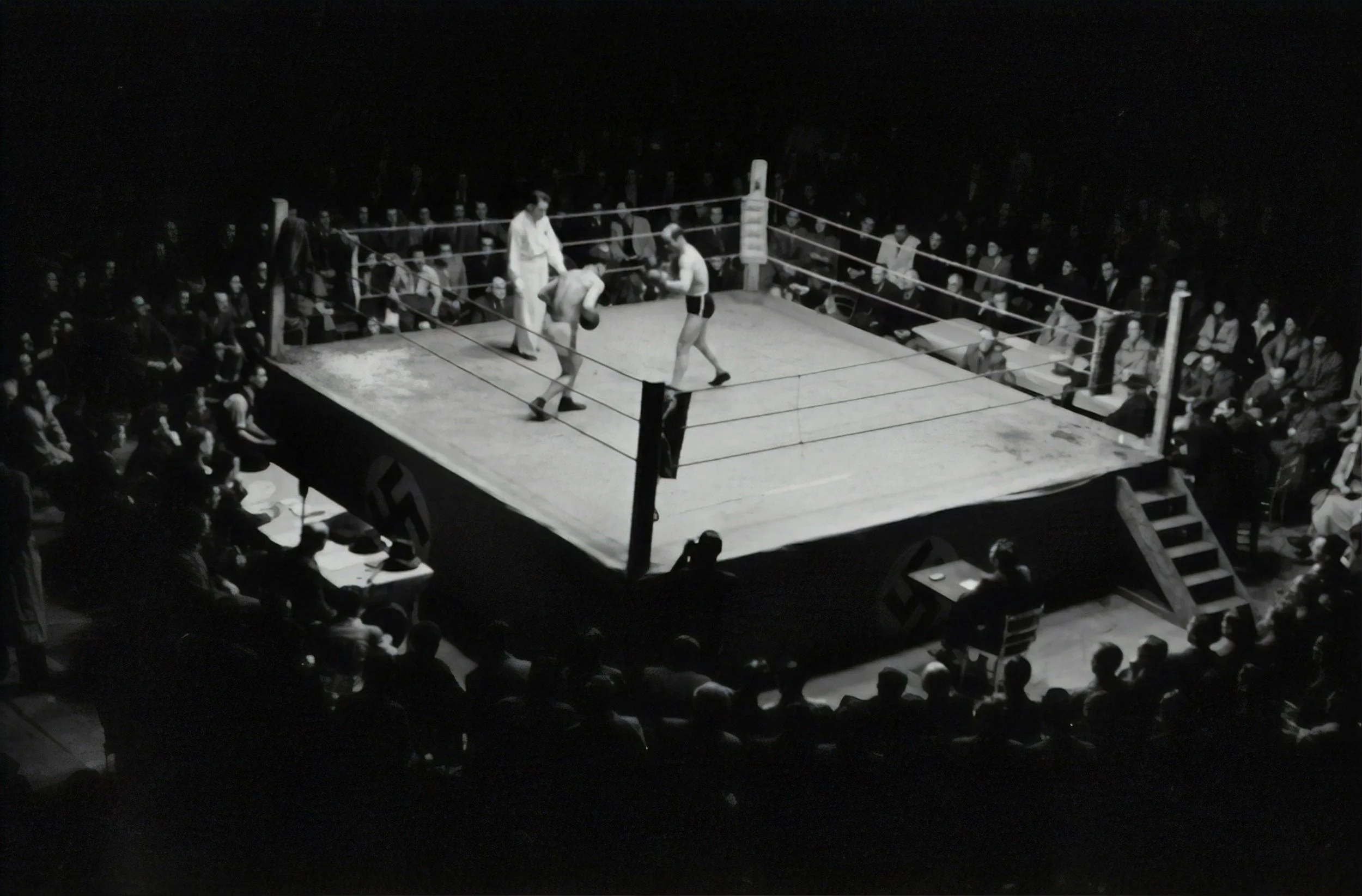Daily Minimums: The Key to Achieving Big Goals
Daily Minimums: The Key to Achieving Big Goals
Everyone loves a big plan. A grand vision. The perfect schedule. You decide you’re going to work out for an hour a day, meal prep every Sunday, hit 10,000 steps, sleep eight hours, and meditate for 20 minutes. For the first week, you crush it. You feel unstoppable. Then life happens. A late meeting, a sick kid, travel, bad weather—and the perfect plan falls apart. You miss one workout, then two, then a week. Pretty soon, you’re back at zero.
But here’s the thing: Perfection isn’t the answer. Consistency is. And the best way to stay consistent isn’t by chasing perfection—it’s by setting a daily minimum.
Why Daily Minimums Work
I’ve been training people for over a decade, and I can tell you this with certainty: The people who succeed long-term are not the ones who follow the most complicated programs—they're the ones who show up consistently. And the easiest way to stay consistent is to define the smallest possible win each day.
Instead of aiming for an hour-long workout every day, commit to 20 minutes of movement. If you do more, great—but 20 minutes is enough to check the box.
Instead of weighing and measuring every meal, commit to hitting your daily protein goal. That’s enough to drive progress without getting bogged down in the details.
Instead of aiming for an hour of language practice every day, commit to five minutes of learning. You’ll probably end up doing more—but five minutes is enough to create the habit.
That’s the key: The daily minimum is small enough to be attainable even on your busiest, most stressful days. And once you start, momentum takes over.
The Science Backs It Up
This isn’t just anecdotal—it’s backed by research:
A study published in Health Psychology (2012) found that establishing small, consistent habits leads to higher long-term success rates than ambitious, high-effort goals (Lally et al., 2012). Small wins build identity and create positive feedback loops.
Research in Psychological Science (2015) showed that people who focus on consistent, repeatable habits are more successful than those who aim for perfection. Small, regular behaviors lead to greater progress over time (Wood & Neal, 2015).
A 2020 study in Frontiers in Psychology confirmed that breaking down large goals into smaller, daily actions reduces overwhelm and increases motivation (van de Pol & Kavussanu, 2020).
How This Works in Real Life
Take my experience with learning German. At one point, I set this perfect goal: “I’ll study German for an hour a day.” That lasted about three days. Life got in the way. Then I reset and committed to just five minutes a day. Five minutes was easy. And guess what? Five minutes often turned into 15 or 20. Over time, my German improved more from those consistent five-minute sessions than from any “perfect” plan.
I see the same thing in fitness. The clients who say, “I’ll work out for an hour every day” are often the ones who quit when they miss a session. But the ones who say, “I’ll work out for 20 minutes” stick with it. And 20 minutes turns into 30. Then 40. Success snowballs from small wins.
Why Daily Minimums Work
They Lower the Barrier to Entry – You’re more likely to start when the goal feels small and doable.
They Build Momentum – Small wins create a feedback loop that motivates you to keep going.
They Reduce Decision Fatigue – You don’t have to decide how long or hard to work out—you just stick to the minimum.
They Create an Identity Shift – Consistency builds confidence. You become “someone who works out” or “someone who practices German.”
How to Set Up a Daily Minimum
If you want to make this work, you need to define your minimum clearly:
✅ Strength training – 20 minutes, 2–3 times per week ✅ Daily movement – 10-minute walk or stretching session ✅ Nutrition – Hit your protein target each day ✅ Language learning – 5 minutes of vocabulary or conversation practice ✅ Sleep – In bed by 10:30 PM at least 4 nights a week
The minimum should be easy enough to succeed at even on a bad day. If you aim for 20 minutes and life happens, maybe you only do 10. But 10 is still better than zero.
The Results Are Bigger Than You Think
Here’s what happens when you commit to daily minimums:
20-minute workouts become 40 minutes because you feel good once you start.
Five minutes of language study becomes 15 minutes because you’re enjoying the progress.
Hitting your protein goal daily makes it easier to make better food choices without overthinking.
Small wins turn into big wins. Momentum builds. You stop relying on motivation and start relying on consistency.
Summary: Daily Minimums = Long-Term Success
Big goals don’t require big daily efforts—they require consistent small efforts. Setting a daily minimum reduces overwhelm, increases motivation, and builds the habits that drive long-term success.
Forget the grand plan. Build consistency with small wins. Start with the minimum and let momentum take you the rest of the way.
Simple wins. Big results. Every damn day.




